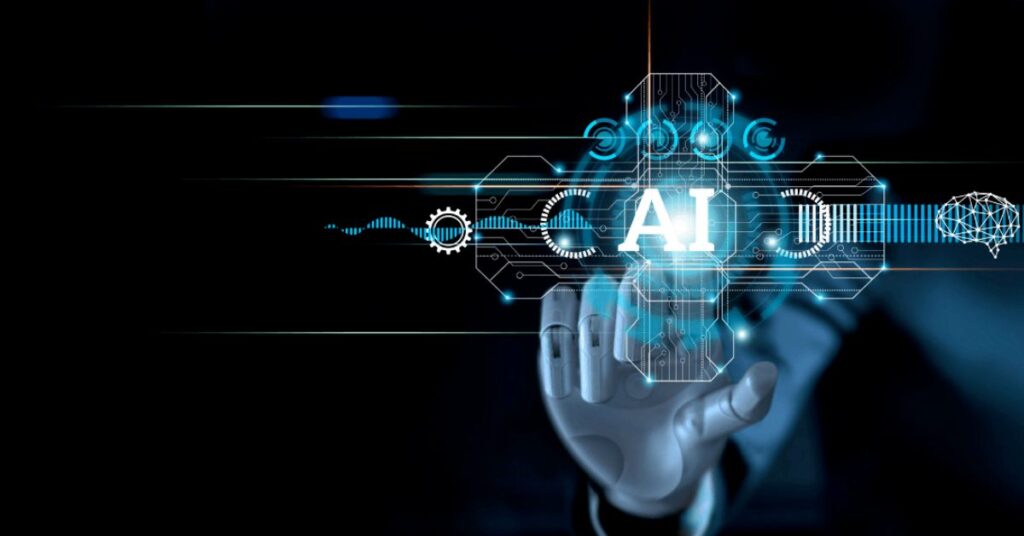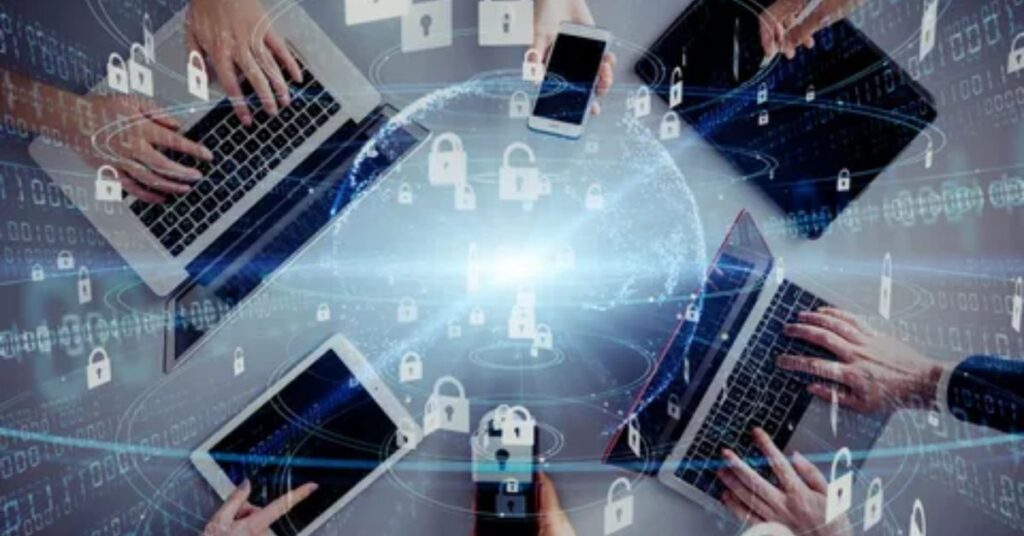As technology continues to advance, the world becomes more digitally connected, creating an environment rich with opportunities but also rife with potential threats. Cyber security has emerged as a critical field in protecting this ever-evolving digital landscape.
Cyber security encompasses a wide array of practices, tools, and techniques designed to protect digital systems and data from cyber-attacks, unauthorized access, and damage. The rise of cyber threats such as hacking, phishing, ransom ware, and identity theft makes it crucial for both individuals and businesses to be proactive in securing their digital environments. Without proper cyber security, the potential for devastating consequences looms large.
The Core Elements of Cyber Security
Cyber security revolves around three core principles known as the CIA triad: Confidentiality, Integrity, and Availability. These three elements form the foundation for all security measures and strategies:
- Confidentiality ensures that sensitive data is only accessible to authorized individuals.
- Integrity ensures that information is accurate and hasn’t been tampered with.
- Availability ensures that systems and data are accessible when needed, with minimal downtime.
These elements work in harmony to create a secure environment for users and organizations alike, allowing them to trust their digital systems.
Common Cyber Threats
Cyber security is all about defending against a wide variety of threats. The most common include:
- Malware: Malicious software like viruses, worms, and Trojans designed to infect computers and steal or corrupt data.
- Phishing: Fraudulent attempts to acquire sensitive information by pretending to be a trustworthy entity via email or other communication.
- Ransom ware: A type of malware that locks users out of their systems or encrypts their files, demanding payment for release.
- Denial of Service (DoS) Attacks: Overloading a system or network with traffic to disrupt normal operations.
- Man-in-the-Middle (MitM) Attacks: When attackers intercept and potentially alter communications between two parties.
Each of these threats poses unique risks to digital security, which is why organizations must be prepared to defend against multiple types of attacks simultaneously.
Why Cyber Security Matters
Cyber security is essential for maintaining trust, protecting personal and financial information, and ensuring business continuity. A breach can result in:
- Financial Losses: Cyber-attacks, such as ransomware, can drain resources or result in hefty fines for non-compliance.
- Reputation Damage: Loss of consumer trust can have a lasting impact on a company’s reputation.
- Legal Consequences: Data breaches may result in violations of data protection laws, leading to legal action and regulatory scrutiny.
By safeguarding systems, cyber security ensures the integrity and privacy of sensitive information, fostering trust between businesses and their clients.
Cyber Security Best Practices

Adopting best practices is key to reducing vulnerabilities and defending against cyber threats. Some essential practices include:
- Using Strong Passwords: Avoiding easy-to-guess passwords and using unique, complex ones for each account.
- Multi-Factor Authentication (MFA): Adding an extra layer of security by requiring two or more forms of verification.
- Regular Software Updates: Keeping systems and applications up-to-date to patch known security vulnerabilities.
- Data Encryption: Encrypting sensitive data both at rest and in transit to prevent unauthorized access.
Implementing these practices helps mitigate common risks and adds extra layers of defense.
Cyber Security for Businesses
For businesses, cyber security is paramount not only to protect intellectual property and customer data but also to comply with regulatory requirements. Businesses face increased risks from cybercriminals, competitors, and even insiders. To safeguard against these threats, businesses should focus on:
- Employee Training: Ensuring that employees understand the risks of phishing and other social engineering tactics.
- Data Backup and Recovery: Regularly backing up data to ensure quick recovery in the event of a cyber-attack.
- Incident Response Plan: Developing a plan to quickly respond to cyber-attacks and minimize damage.
By taking a proactive approach, businesses can reduce the likelihood of a successful attack and limit the damage when an attack occurs.
The Role of Employees in Cyber Security
Employees play a pivotal role in a company’s cyber security posture. They are often the first line of defense against attacks like phishing and social engineering. Training employees to recognize potential threats and encouraging best practices can drastically reduce the risk of a breach. Employees should be:
- Aware of phishing scams and how to handle suspicious emails.
- Trained on the importance of password hygiene and MFA.
- Cautious when accessing company systems on personal or unsecured devices.
By empowering employees with the knowledge to protect themselves and their organizations, businesses create a stronger defense against cyber threats.
The Impact of Artificial Intelligence (AI) on Cyber Security

Artificial intelligence and machine learning are playing an increasingly significant role in cyber security. AI systems can quickly detect anomalies, identify patterns in large datasets, and predict potential attacks before they occur. For example, AI-powered intrusion detection systems can identify unusual network traffic or behavior, allowing organizations to respond swiftly to potential threats.
However, the rise of AI also poses risks, as cybercriminals may use AI to automate and optimize their attacks, creating a cat-and-mouse game between attackers and defenders. As such, both defensive and offensive strategies are becoming more dependent on AI capabilities.
The Future of Cyber Security
The future of cyber security will involve even more advanced technologies and strategies. As cybercriminals become more sophisticated, organizations will rely on cutting-edge technologies like quantum encryption, block chain, and enhanced AI to combat the growing threat landscape. The global nature of the digital world also calls for international collaboration in combating cybercrime and setting global standards for cyber security practices.
To stay ahead of potential threats, both businesses and individuals must embrace innovation and adopt forward-thinking security practices.
Conclusion
Cyber security is an ever-evolving field that requires constant vigilance and adaptation. As digital threats continue to grow and become more sophisticated, individuals and organizations must prioritize comprehensive security strategies.
By understanding the importance of cyber security and adopting best practices, businesses can protect their assets and ensure the safety of their data. In this digital age, investing in cyber security is not just a necessity—it’s a responsibility.
FAQ’s
What is cyber security?
Cyber security is the practice of protecting systems, networks, and data from digital threats like hacking, malware, and unauthorized access.
Why is cyber security important for businesses?
Cyber security is crucial for businesses to protect sensitive data, maintain customer trust, prevent financial losses, and comply with regulations.
How can I improve my personal cyber security?
Use strong, unique passwords, enable multi-factor authentication, regularly update software, and be cautious of phishing scams and suspicious links.
What is phishing in cyber security?
Phishing is a fraudulent attempt to acquire sensitive information, usually through deceptive emails or websites pretending to be legitimate.







